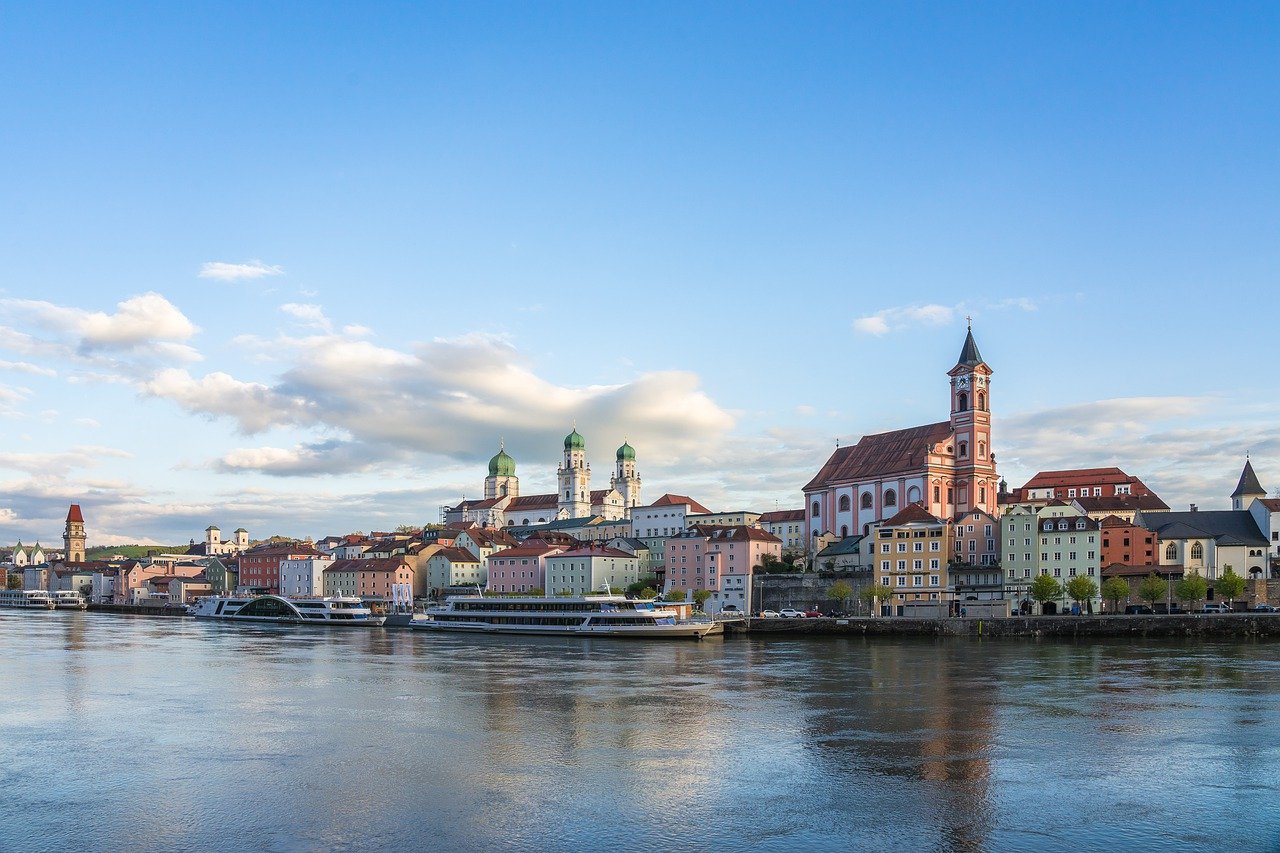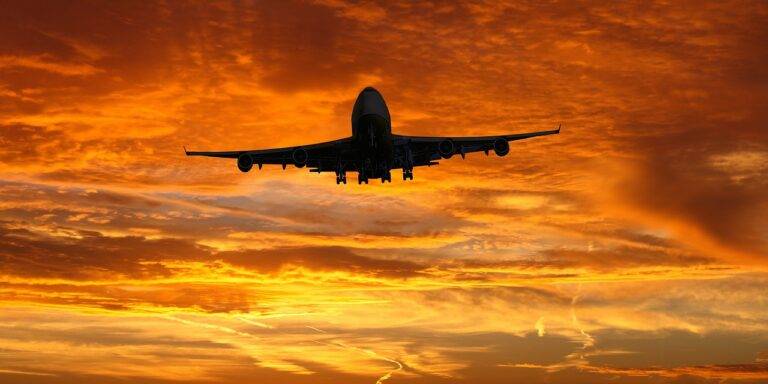The Psychology of Wanderlust: Exploring the Motivations Behind Traveling Urges
The desire to explore and travel, known as wanderlust, is influenced by a myriad of factors. One such factor is the innate human curiosity to discover new places, cultures, and experiences. This curiosity is often sparked by stories, media representations, or even personal experiences that evoke a sense of wonder and excitement about the world beyond one’s immediate surroundings.
Moreover, the availability of resources and time also plays a crucial role in fueling wanderlust. Individuals who have the financial means and flexibility in their schedules are more likely to indulge in travel adventures. The ease of access to information about different destinations through the internet and social media has also contributed to the growing desire to travel and explore new places.
The Role of Personality Traits in Travel Motivations
Personality traits play a significant role in shaping individual travel motivations. For instance, individuals who score high on the openness trait tend to seek new experiences and adventures through traveling. They are curious about different cultures and customs, which drives them to explore unfamiliar destinations. Conversely, those high in neuroticism may travel to alleviate stress and anxiety, using it as a form of escape from their everyday worries.
Moreover, extraverted individuals are more likely to travel for social reasons, such as meeting new people or attending events and parties in different locations. Their outgoing nature makes them thrive in new social settings, and they are energized by interactions with others while exploring new places. On the other hand, introverted individuals may prefer solo travel or smaller group trips, seeking solitude and time for introspection during their journeys.
Social and Cultural Influences on the Desire to Travel
When it comes to the desire to travel, social and cultural influences play a significant role in shaping individuals’ motivations. Social norms and expectations within one’s social circle can have a strong impact on one’s aspirations to explore new destinations. For instance, if a person’s peers or family members frequently share their travel experiences and adventures, this may ignite a similar desire within that individual to embark on their own explorations.
Furthermore, cultural influences can also contribute to the allure of travel. Exposure to different cultures through media, literature, or interactions with individuals from diverse backgrounds can create a sense of curiosity and fascination with the world beyond one’s immediate environment. The desire to learn about new cultures, traditions, and ways of life can be a powerful motivator for individuals to seek out travel experiences that offer the opportunity for cross-cultural exchange and personal growth.
What are some factors that influence wanderlust?
Factors such as exposure to different cultures, social media influence, personal interests, and economic status can all contribute to the desire to travel.
How do personality traits play a role in travel motivations?
Personality traits such as openness to new experiences, curiosity, and adventurousness can influence a person’s desire to travel and explore new destinations.
How do social and cultural influences impact the desire to travel?
Social influences, such as friends or family members who enjoy traveling, can inspire others to explore new places. Cultural influences, such as exposure to different traditions and lifestyles, can also spark the desire to travel and learn about other cultures.





